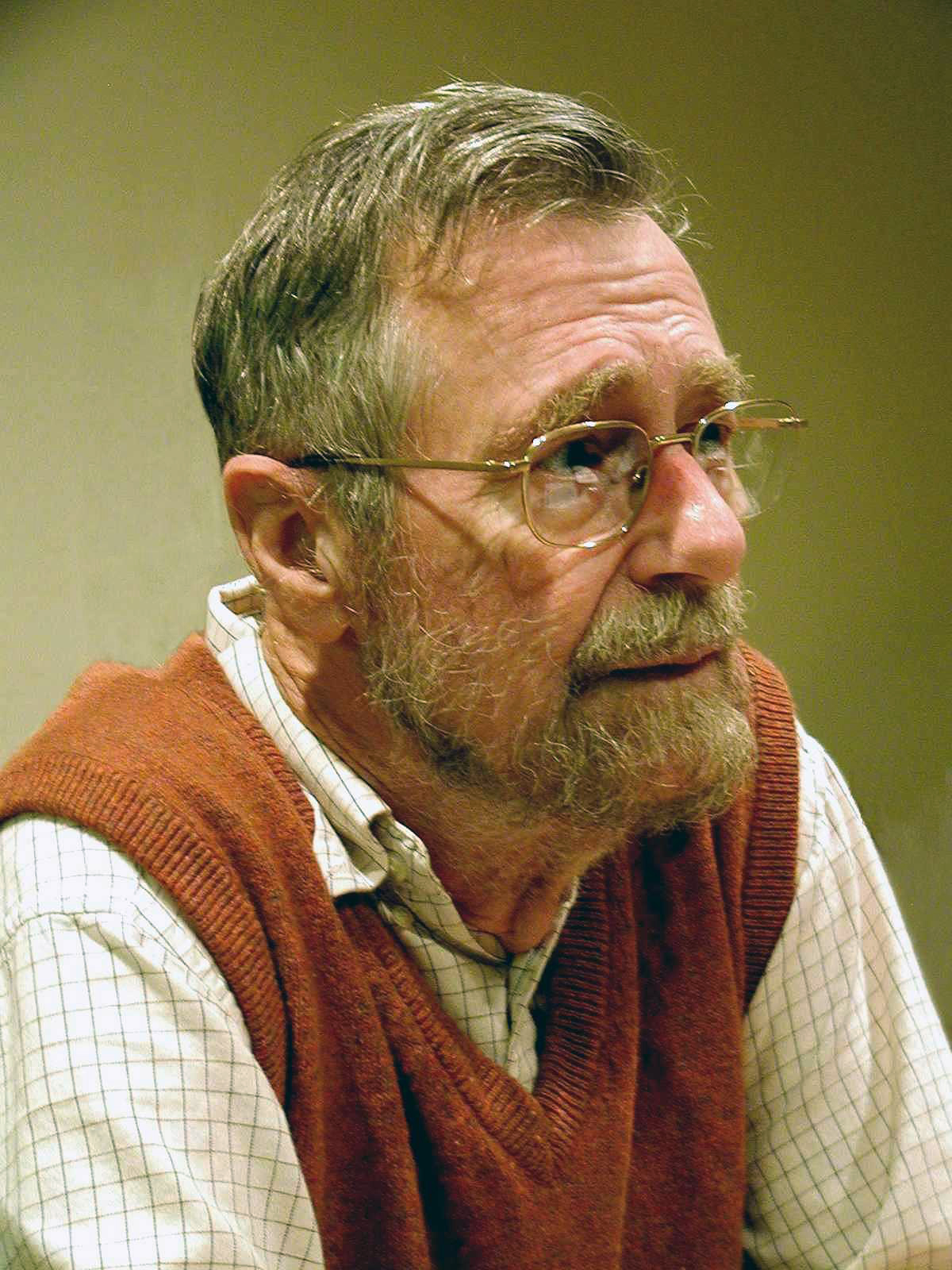„Durch Testen kann man stets nur die Anwesenheit, nie aber die Abwesenheit von Fehlern beweisen.“
Original: (en) Program testing can be a very effective way to show the presence of bugs, but is hopelessly inadequate for showing their absence.
Quelle: The Humble Programmer, ACM Turing Lecture 1972
